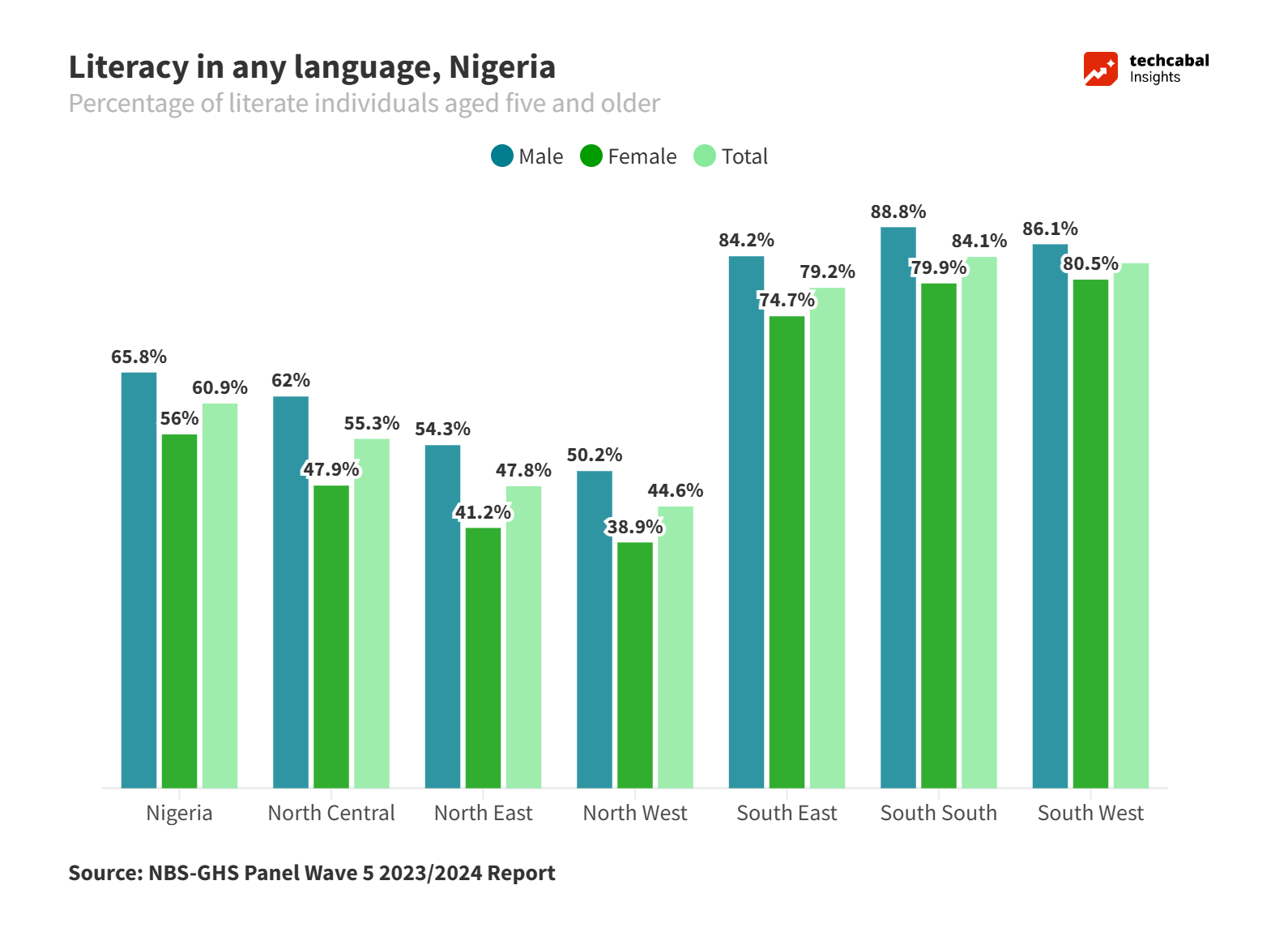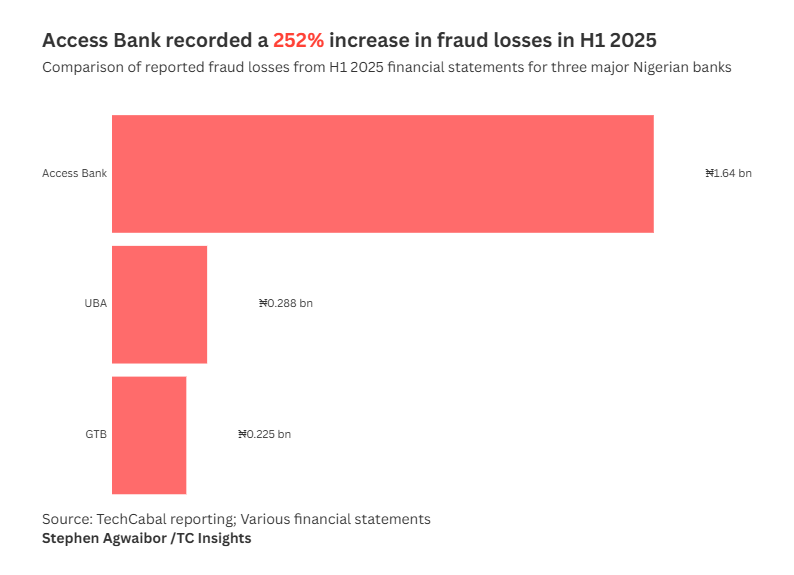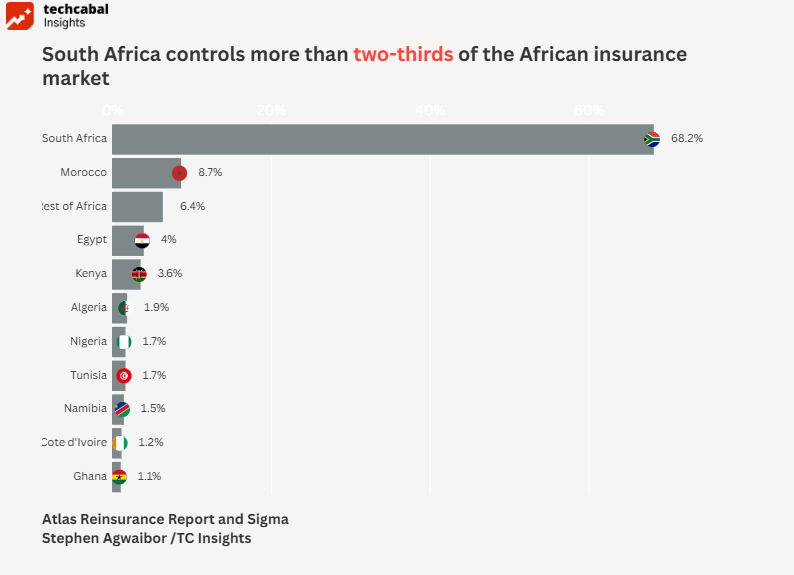Improving Nigeria’s AI literacy should be an educational priority for the nation’s future. When we think of literacy, we often focus on the ability to read and write. While essential and requiring utmost attention, thriving in today’s world requires more than basic literacy. Other dimensions of literacy exist, such as media literacy, digital literacy and AI literacy. By 2030, an estimated 28 million jobs in Nigeria will require digital skills. Yet, 75% of Nigerian children aged 7–14 still cannot read a simple sentence or solve a basic math problem. In a nation where over 70% of the population is under 30, this disconnect between foundational literacy and future workforce demands is an uncomfortable reality — one that Nigeria can no longer afford to ignore.
AI is already redefining how we live, work, and learn globally. Countries like Finland and China are integrating AI education into national curricula. Nigeria, however, grapples with basic computer access in public schools. Only 5.67% of public primary schools in Nigeria have computer facilities, compared to 54.55% of private schools. Worse still, digital exclusion persists — 120 million Nigerians remain offline.
ALSO READ: African AI Startups: Navigating growth amidst infrastructure gaps
Building AI literacy isn’t just about teaching students how to use new technologies but also about equipping them to understand, question, and leverage AI ethically and productively. The federal government has made some strides, particularly with introducing a National AI policy and its flagship 3MTT program. However, institutional coordination for integrating AI into education policy is weak, budget allocation for research and development is dismal (just 0.89% of total education spend), and educators themselves often lack the tools or training to teach in an AI-enhanced classroom.
Still, there is hope.
In 2024, a World Bank-supported pilot in Edo State, using affordable generative AI tools like Microsoft Copilot, saw participating students gain nearly two years’ worth of literacy improvements in just six weeks. Girls in particular saw rapid progress, narrowing historical gender learning gaps. And contrary to popular fears, AI didn’t replace teachers. In fact, it amplified the case for why teacher-led guidance is essential.
Our new policy brief, Building AI Literacy: Preparing Nigeria’s Future Workforce Through Education Policy, outlines a conservative but practical roadmap to embed AI readiness into Nigeria’s education system. It calls for a phased implementation: strengthening basic education, introducing digital literacy early, developing culturally relevant AI curricula, training teachers, and investing in infrastructure and research.
If Nigeria is to compete in the AI-driven global economy, the work that has already begun must continue—not with inflated targets but with deliberate, sustained, and collaborative reform. AI will not automatically fix our education system, but it can be a catalyst for transformation if we are willing to lay the groundwork.
Download the full policy brief here to explore the data, insights, and implementation roadmap shaping Nigeria’s AI education future.










